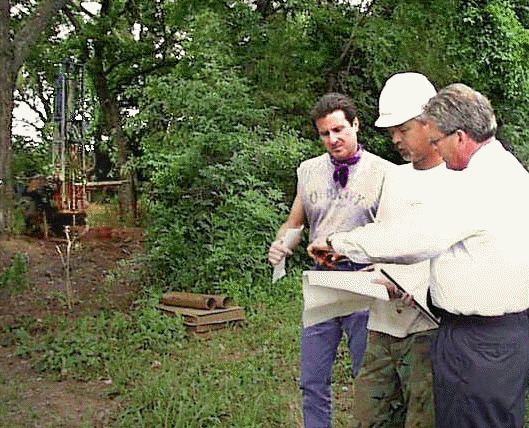)
and may contain quality internet information. The subject matter of the
presentation should be written and typed into a 3 to 5 page paper, double-spaced
in standard college format standards, to be handed in after the presentation to
the professor.
The presentation will be graded upon creativity,
technical proficiency, and general interest to the class. A quality presentation
will result in a higher grade than a presentation that is not well planned and
executed and a paper that does not represent the presentation in a well written
well-reasoned manner.
Lastly, class attendance is included in the final
grade. Since the course only covers 4 weeks, attendance at every class period is
extremely important. If you need to be absent, please let the professor know
before the absence either in class prior to the absence or in an email.
TEACHING METHODS:
Class sessions may include lectures, group
discussion, small group work, and formal workshops (guest speakers).
PLAGIARISM: Plagiarism is defined as "the
deliberate or reckless representation of anotherís words, thoughts, or ideas as
oneís own without attribution in connection with submission of academic work,
whether graded or otherwise."
Plagiarism is academic dishonesty. If you use
someone elseís written work or intellectual property, give them credit for their
work by citing their name.
LETTER GRADES:
A: Earned by work whose excellent quality indicates a
full mastery of the subject and course assignments are of extraordinary
distinction.
B: Earned by work that indicates a good comprehension
of the course material, a good command of the skills needed to work with the
course material, and the studentís full engagement with the course requirements
and activities.
C: Earned by work that indicates an adequate and
satisfactory, comprehension of the course material and the skills needed to work
with the course material and indicates the student has met basic requirements
for completing assigned work and participating in class activities.
D: Earned by work that is unsatisfactory but that
indicates some minimal command of the course materials and some minimal
participation in class activities that is worthy of course credit.
F: Earned by work which is unsatisfactory and unworthy
of course credit.
STUDENT RESPONSIBILITY:
Your professor welcomes student input. It is also
advised that should an unforeseeable problem (that could interfere with class
performance) occur; notify the professor so that alternate arrangements may be
made.
CELL PHONES/TEXTING
: DONíT DO IT -
If a student has an emergency he/she must contact the professor before class
begins in order to receive instruction on how to handle the situation. Be a
responsible and respectful student in this course.
WITHDRAWAL:
If you determine that you will not be completing
the course, it is your responsibility to officially withdraw from the course.
After the withdrawal deadline, you will receive the grade earned based on your
work for the semester. Failure to follow this procedure may result in the
student receiving a regular grade of "F" at the end of the semester. Students
begin the process of withdrawal with a discussion with the faculty member.
